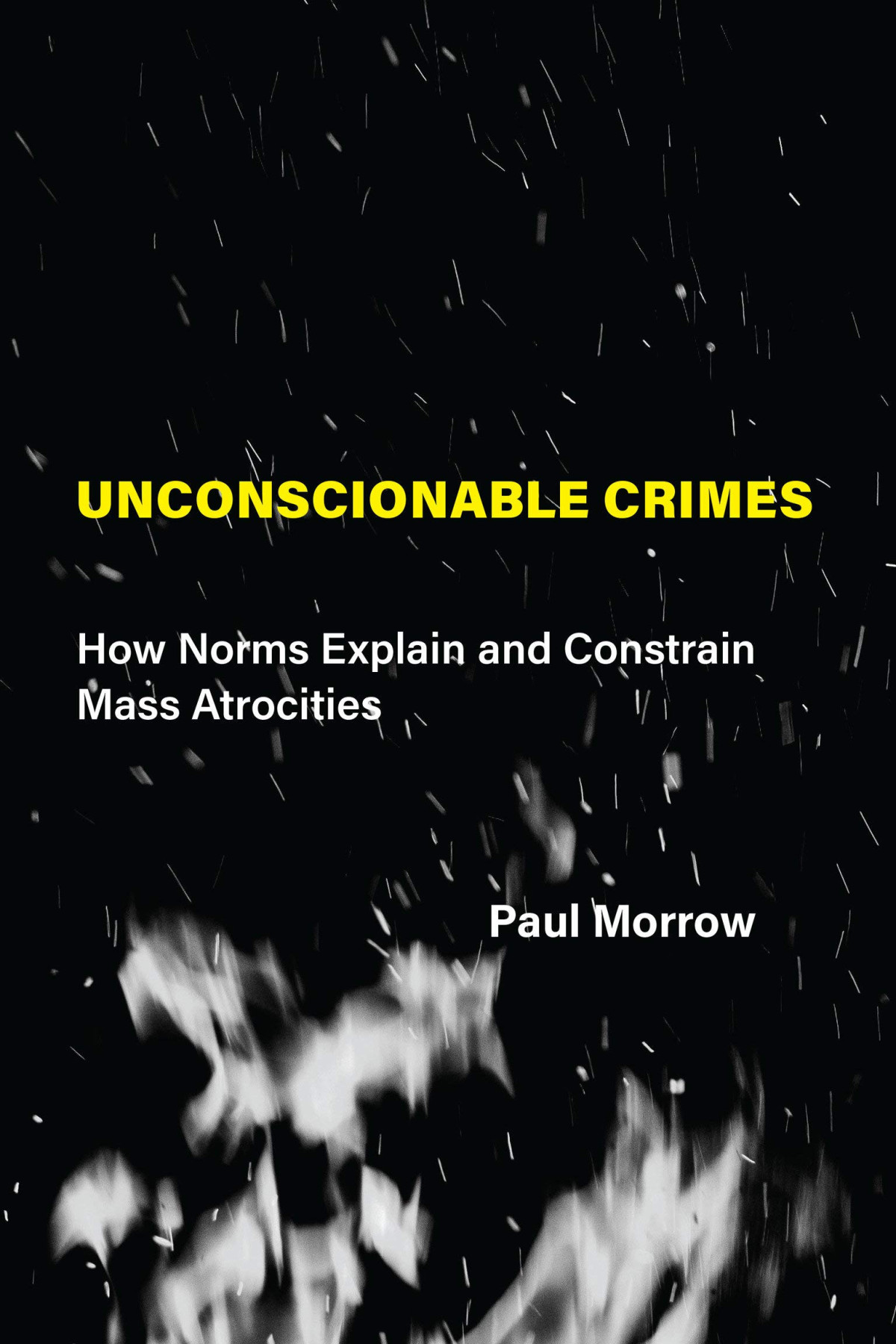

Most ebook files are in PDF format, so you can easily read them using various software such as Foxit Reader or directly on the Google Chrome browser.
Some ebook files are released by publishers in other formats such as .awz, .mobi, .epub, .fb2, etc. You may need to install specific software to read these formats on mobile/PC, such as Calibre.
Please read the tutorial at this link: https://ebookbell.com/faq
We offer FREE conversion to the popular formats you request; however, this may take some time. Therefore, right after payment, please email us, and we will try to provide the service as quickly as possible.
For some exceptional file formats or broken links (if any), please refrain from opening any disputes. Instead, email us first, and we will try to assist within a maximum of 6 hours.
EbookBell Team

4.3
98 reviewsHow can we explain—and prevent—such large-scale atrocities as the Holocaust? In Unconscionable Crimes, Paul Morrow presents the first general theory of the influence of norms on genocide and mass atrocity. After offering a clear overview of norms and norm transformation, rooted in recent work in moral and political philosophy, Morrow examines numerous twentieth-century cases of mass atrocity, drawing on documentary and testimonial sources to illustrate the influence of norms before, during, and after such crimes.
Morrow considers such key explanatory pathways as the erosion of moral norms through brutalization and demoralization, the exploitation of legal norms to legitimize persecution and deny violence, and the enduring influence of gender-based social norms on targets and perpetrators of atrocities. Key constraints on atrocities would include the revision of moral norms that have traditionally guided the conduct of soldiers and humanitarian aid workers, the strengthening of legal prohibitions on large-scale crimes through statutory and institutional reform, and the elimination of social norms prescribing silence about personal experience of atrocities. Throughout, Morrow emphasizes the differences among moral, legal, and social norms, which stand in different relations to real or perceived social practices, and exhibit different patterns of creation, modification, and elimination. Ultimately, he argues, norms of each kind are integral to the explanation and the prevention of mass atrocities.